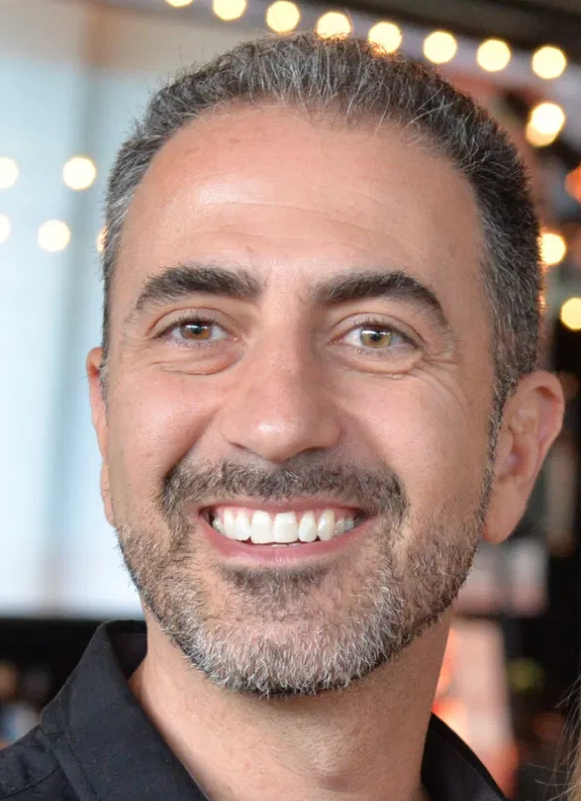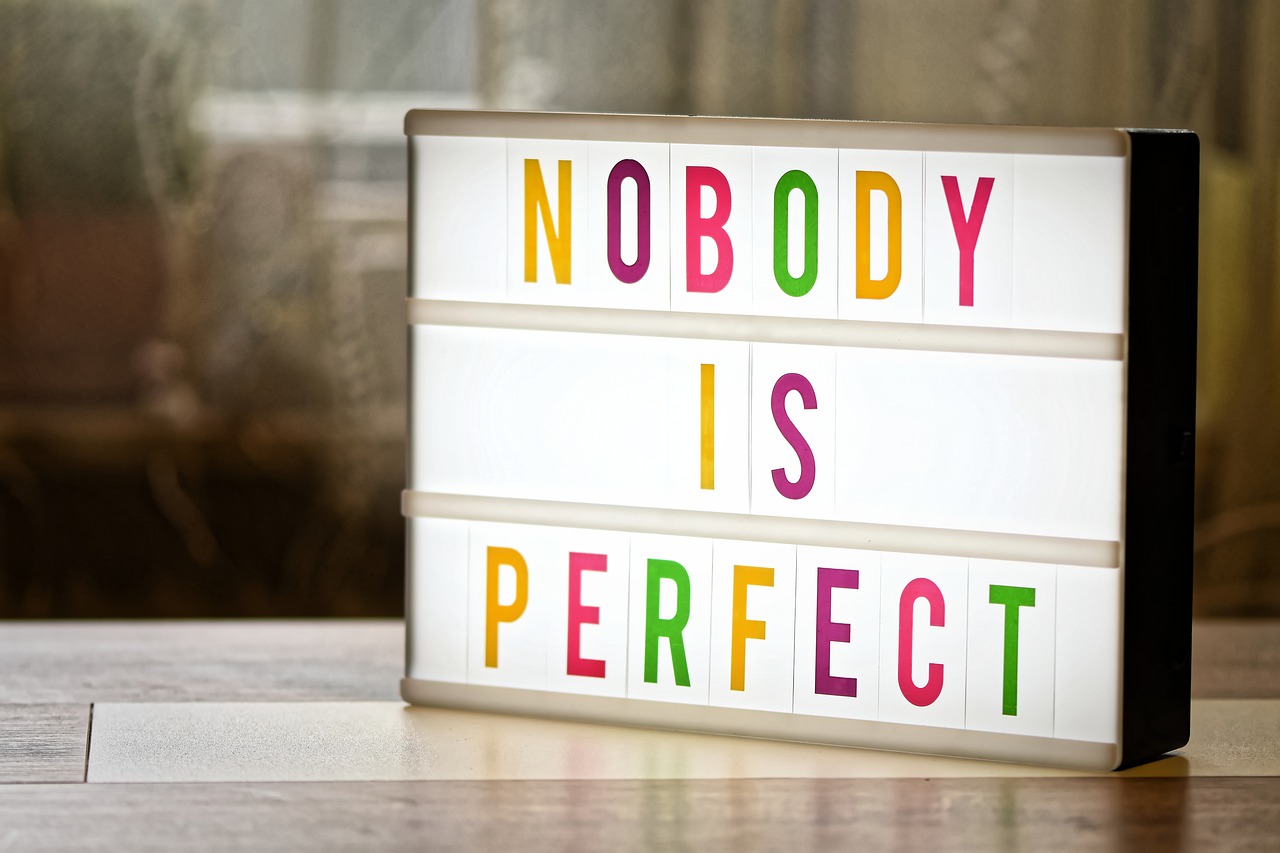 In an interview withe the Nob Hill Gazette, CHC’s Chief Clinical Officer, Dr. Ramsey Khasho, offers invaluable insight on what many children, young adults and families have been facing — and invites parents to take an active approach to their children’s menCHCtal health.
In an interview withe the Nob Hill Gazette, CHC’s Chief Clinical Officer, Dr. Ramsey Khasho, offers invaluable insight on what many children, young adults and families have been facing — and invites parents to take an active approach to their children’s menCHCtal health.
Excerpts from the interview
What are you noticing in terms of issues affecting elementary school children versus teenagers? Generally, there is an increase across the board. We are definitely seeing more preteen and teen and young adult referrals over more elementary school-age kids. That older teen/young adult, what we call transitional age, is a big one. Being transitional age, launching into adulthood, is difficult as is. And then you add the pandemic and not being able to do college or not being able to find a job and moving back home and living with parents and younger siblings. It’s a recipe for challenges and impairments to young adults and older teens.
Were similar issues presenting among your families before the pandemic and this is an increase, or are there also new issues? It’s both. We have people who were in our system before who struggled and maybe got better, [but] are now coming back to us and saying that they are struggling again because of everything that’s going on. The other thing I want to make sure that we’re clear on is, we’re not just talking about the pandemic. We’re talking about the awakening that’s happened around racism and systemic racism and how that’s impacting young people and families. We’re talking about wildfires that have impacted our local community. We’re talking about the political divide and divisiveness. There’s just so much that young people and the community needs to carry right now.
It certainly affects parents, too. Is that something that is incorporated into treatment of the child? Our philosophy is and always has been, in order to do good work with kids and their mental health, we have to work with parents and guardians. We see kids one, maybe two, hours a week to support them in their mental health. But parents hold their kids the entire week. We need to work with parents to help them, number one, understand what’s going on with their child, so that knowledge is very powerful. And then, number two, how to best work with that child given some of the challenges that they’re experiencing. And number three: How do parents take care of their own mental health so they’re in a space that they can show up to manage and support their child’s mental health. … We’re doing a fair amount of parent-only work and parent coaching.
What should parents be on the lookout for when some issues may be more severe? We always worry about excessive withdrawal and isolation. Any marked changes to sleep habits or eating habits is another one. Marked challenges with attention, concentration and focus. Our marker of when it becomes a problem is when it becomes impairing, meaning it’s beginning to impact that young person’s day-to-day functioning. If there’s an increase in sleep problems and they’re seeing it’s affecting their energy levels, being able to attend to distance learning during the day, making them more irritable — irritability is another thing that parents need to watch out for — that’s when we get concerned. … We’re in a time where you don’t have to wait until you’re concerned to reach out for help. Reach out to a professional and just ask the questions. Is this normal? Is this not normal? Should I be concerned? One of the things I love about CHC in our clinical services division is we have free 30-minute parent consults.
Excerpted from “The Importance of Checking In: CHC Chief Clinical Officer Dr. Ramsey Khasho” in the Nob Hill Gazette. Read the full interview for more insights from Dr. Khasho.
Source: Nob Hill Gazette | The Importance of Checking In: CHC Chief Clinical Officer Dr. Ramsey Khasho, https://nobhillgazette.com/the-importance-of-checking-in-chc-chief-clinical-officer-dr-ramsey-khasho | © Copyright 2021
A screening can help you determine if you or someone you care about should contact a mental health professional. CHC teletherapy services are available now. Call or email our Care Managers at 650.688.3625 or careteam@stage.chconline.org to set up a free 30-minute consultation appointment.





